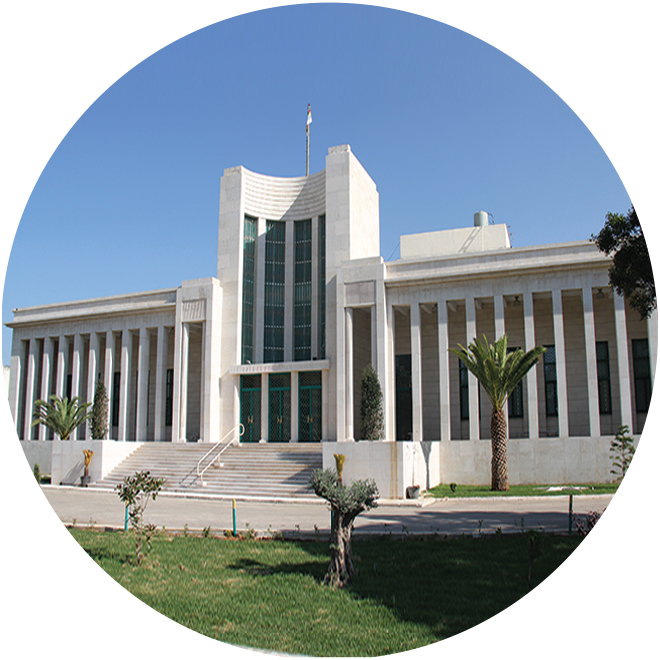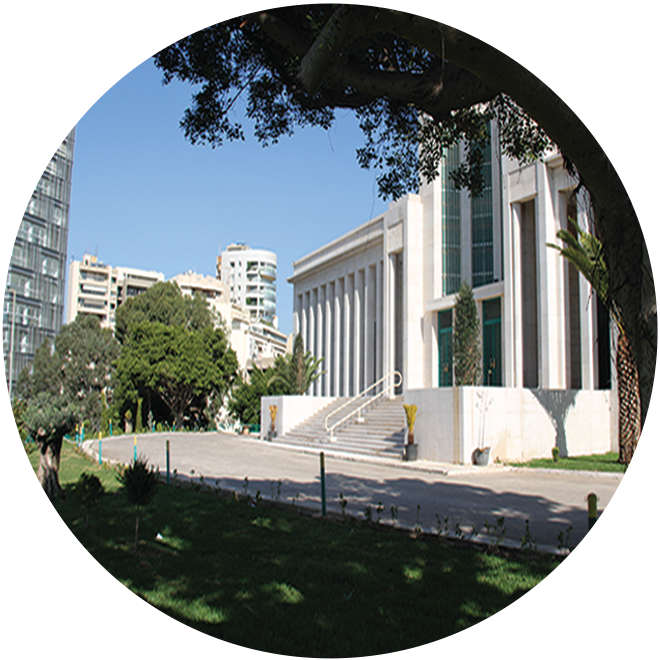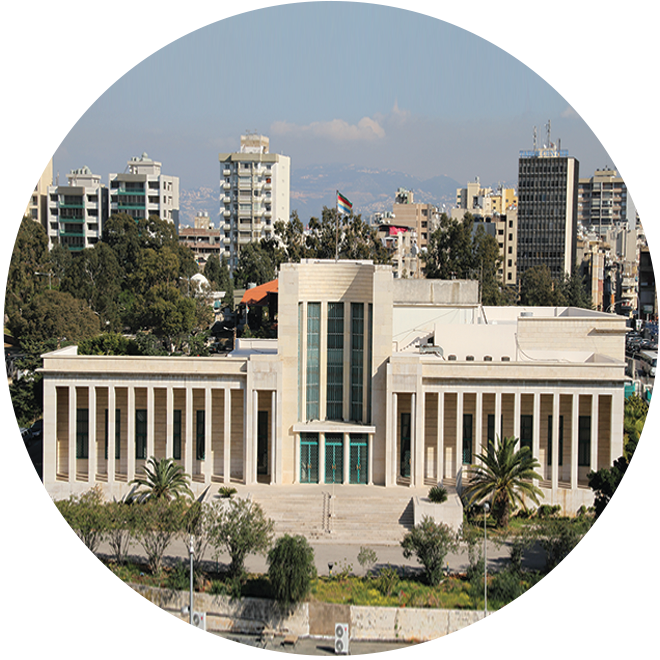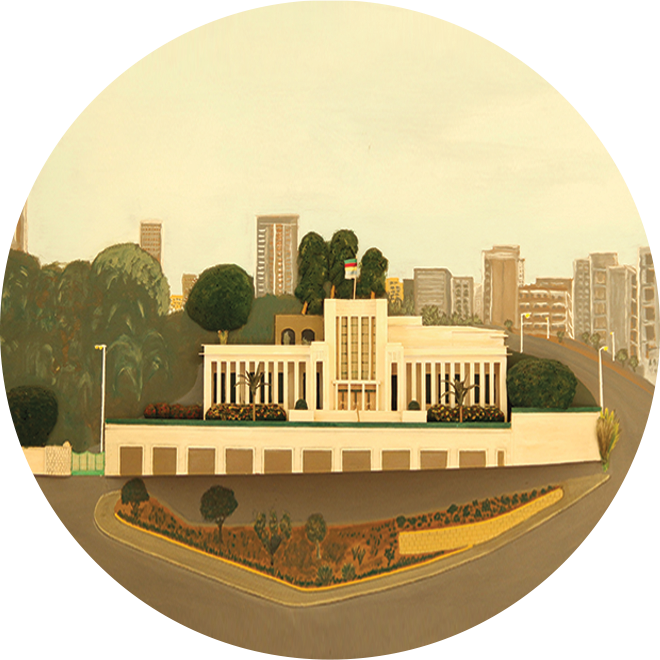The Rule of the One Wife among the Mouwahidoune Druze
The tenth article of the Personal Status Law of the Mouwahidoune Druze stipulates, “Diversity of wives is prohibited sicne man could not have two wives at the same time, and if he did so, his marriage of the second becomes invalid.”
In his book about the ethics of sexual intercourse in reviving the sciences of religion, El Gazali said in the sense of, “The righteous seek the righteous wife that supports men in their obedience (men’s obedience to God)” – a saying considered as a virtue by the messenger (pbuh), who says that this is fulfilled in the marriage to one wife and not to two since this would embitter living and upset house issues.
The Fatimid Caliph called for having one wife saying, “Bind to the one married to you and do not become greedy and interested in having many of them, for they would embitter your life, bring in harm to you, wear out your bodies and weaken your perception; the noble decency of the one man is in the one woman”. Mouwahidoune Druze abode by this rule until it became a permanent legislation imposed in their confessional Islamic jurisdiction.
They referred to Qur’anic verse 3 in (The Women) sura, “Marry women of your choice, Two, or three, or four; But if ye fear that ye shall not Be able to deal justly (with them). Then only one,” and they considered the Exalted saying, “Ye are never able To be fair and just As between women, even if it is Your ardent desire;” (The Women sura – verse 129). Some said that the word “never” implies negation with an emphasis which means that justice could never be fulfilled with diversity of women.
However, does this mean that the former verse nullifies the latter of diversity, and could the former “But if ye fear that ye shall not Be able to deal justly (with them). Then only one,” be linked with the latter “Ye are never able To be fair and just As between women, even if it is Your ardent desire.” Many Hadiths mentioned by the prophet (pbuh) in interpretation of the Holy Qur’an with its sunna - the inability to be just has to do with emotional affection rather than with expenditure where justice could be fulfilled, thus, the verse related to inability does not nullify that of allowing diversity.
In regard of binding to one woman, we say that the words of Fatimid Caliph Mo’izzeddine li-deenillah overstep the issue of poverty, wealth or the ability to fulfill justice in expenditure, to cast the light on another issue – the real happiness sought and the psychological stability aspired for by marriage – contradicted by the diversity of wives and the warding off moderation and modesty in what is bidden, which, in turn, preserve the peacefulness of soul and the health of body though money and moderation in expenditure are available.
The Mouwahidoune Druze inference to the cause of having one wife from the first verse “But if ye fear that ye shall not Be able to deal justly (with them)” without referring to another is not considered, by most of Moslems, nullifying to it pursuant to what has been mentioned by the prophet (pbuh).
It is said that God addressed his prophet saying, “And We have sent down Unto thee (also) the Message; That thou mayest explain clearly To men what is sent For them, and that they May give thought.” (The Bees sura – verse 44)
Delivered on Moharram 3, 1430 Hegira – corresponding to Dec. 31, 2008
Issued by the Bureau of Mashyakhat Al Aql
Of the Mouwahidoune Druze Sect













